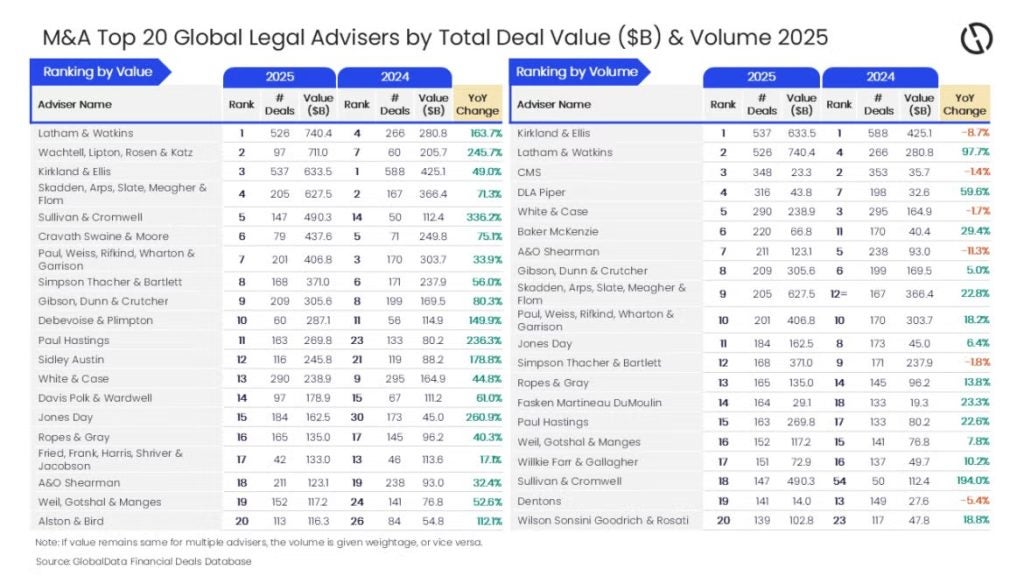
The Association of Chartered Certified Accountants (ACCA) and the Adam Smith Business School at the University of Glasgow have released a study highlighting the urgent need for consistent accounting of carbon-related instruments.
The study reveals inconsistencies in accounting treatments and calls for globally applicable guidance, emphasising the lack of a dedicated IFRS Accounting Standard for these instruments.

Access deeper industry intelligence
Experience unmatched clarity with a single platform that combines unique data, AI, and human expertise.
Entitled ‘Reality of accounting for carbon-related instruments’, the study examines the annual reports of 300 companies in high-emitting sectors worldwide.
It identifies growing complexity and diversity in how companies account for these instruments, affecting various stakeholders in the corporate reporting ecosystem.
ACCA supplements the research with two articles offering decision makers and finance teams practical insights into the drivers and implications of engaging with carbon-related instruments.
The articles also provide a practical workflow based on existing IFRS Accounting Standards, addressing real-world implications for employees, customers and investors.

US Tariffs are shifting - will you react or anticipate?
Don’t let policy changes catch you off guard. Stay proactive with real-time data and expert analysis.
By GlobalDataThe ACCA said the absence of a global accounting standard for carbon-related instruments presents challenges for both investors and companies.
The study advocates for the establishment of a global standard to ensure consistent accounting treatments and disclosure of relevant information.
This standard would guide companies in determining the appropriate scope, recognition, measurement approaches and disclosures for each carbon-related instrument.
Introducing a term such as “carbon-related instruments” could harmonise descriptions across markets, promoting clarity and consistency.
The ACCA encourages finance professionals, regulators and standard-setters to explore the research and contribute to shaping the future of accounting for carbon-related instruments.
ACCA head of corporate reporting insights – financial Aaron Saw said: “Good quality information about carbon-related instruments would benefit a broad spectrum of stakeholders in the corporate reporting ecosystem.
“Our research provides a glimpse into the complex landscape and offers a starting point for purpose-driven accounting and reporting of carbon-related instruments.”
University of Glasgow professor of accounting Ioannis Tsalavoutas said: “Without guidance from standard setters, companies are developing their own accounting policies and providing information based on their own discretion.
“While the application of judgement when applying accounting policies is welcome, the use of substantially different accounting policies and different terms to describe these instruments undermines transparency and comparability.”
Earlier this week, the ACCA noted the impact of India’s global capability centres on economic growth.
These centres are evolving from back-office support hubs to global value creators, driving innovation and technological advancements.
They are projected to contribute 2% of India’s gross domestic product and generate 2.8 million jobs by 2030.







